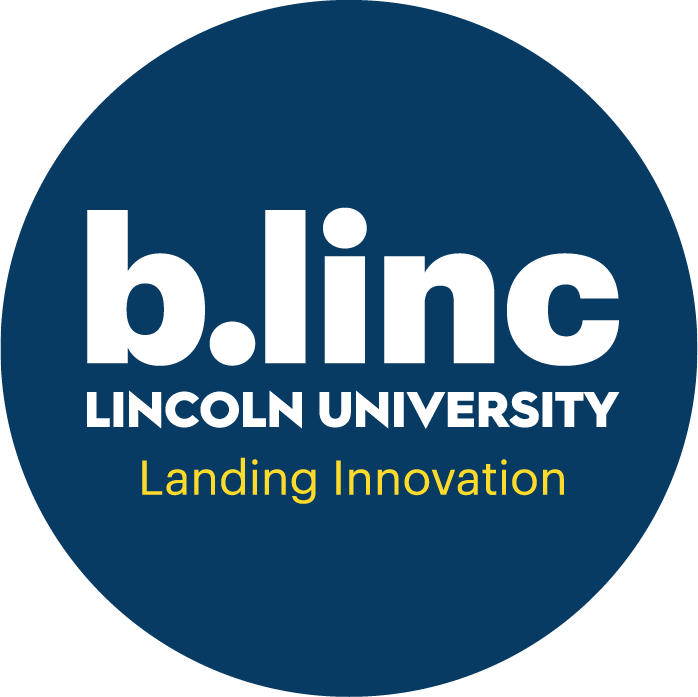View Rob Reynish’s Slides Here
View Dr Serean Adam’s Slides Here
View Professor Benoit Guieysse’s Slides Here
Could the emerging aquaculture market in New Zealand be on it’s way to solving a multitude of problems? With its many properties which help with nutrient removal, regenerative opportunities and carbon sequestration, is this a commercially viable farm system that more farmers should be embracing?
The Aquaculture industry often doesn’t receive as much publicity as it should – as the aquatic plant cultivation industry is the world’s fastest growing sector. As one of the most efficient and most sustainable forms of protein production on the planet, there is lots of research about how the growing of aquatic plants can be considered beneficial for the environment due to its carbon sequestration and it is financially and ecologically sustainable too. Sounds too good to be true? Join us to hear from the scientist developing this alternative solution and the farmers who grow it and learn about the potential benefits and future possibilities for the aquaculture sector.
Timings:
9.00am : Welcome & Introduction from B.linc
9.10am : Keynote address 1 – Lincoln University - Rob Reynish
Describe how aquaculture works and how successful it can be when implemented to diversify farms (providing working examples where possible). What technologies are being used around the world/what is coming soon for NZ that can provide further opportunities for farmers in this area? How can implementing these technologies assist farmers and how could it be further used in the future to add more value for our food producers. Where do you see the future of aquaculture going?
9.25am : Keynote address 2 – Cawthron Institute - Dr Serean Adams
Share details of the work going into the development of microalgae and aquatic plants. What are the current opportunities and what is being used overseas? Do you know of any technologies in R&D that have the potential to transform the future of pasture and grazing management? How can these technologies relieve the stress put on our natural resources? Where do you see the future of aquaculture going?
9.40am : Keynote address 3 - NZAI & Massey University – Benoit Guieysse
Share your journey in implementing land based aquaculture to diversify your farm. How can farmers and growers use knowledge, research, science, and work together with the Government to help establish new and more efficient ways of working? What will it take to create these collaborations? What work is already underway? What are the next steps on your farm to further develop these systems?
9.55am : Panel discussion/Interactive Q&A session with audience
10.30am : Event finishes
About our speakers
Professor Benoit Guieysse, NZAI and Massey University
Professor Benoit Guieysse holds a Master of Science degree in Chemical Engineering (ENSIACET, France) and a PhD in Engineering (Lund University, Sweden). He is currently the Head of the Chemical and Bioprocess Engineering Department of Massey University, New Zealand. Dr. Guieysse's research focuses on the development, modelling, and impact assessment of environmental biotechnologies with special emphasis on algae-based bioprocesses. He has contributed to the publication of more than 80 peer-reviewed articles that have been cited more than 6000 times. In his spare time, he founded NZ Algae Innovations Ltd, the only commercial spirulina farm in New Zealand (trading under Tahi Spirulina).
Rob Reynish, Lincoln University
Lincoln University is New Zealand’s specialist land-based University and Rob holds an integral role as part of it. He is responsible for the development and delivery of Lincoln University’s Farm Manuals which are distributed around the world. Identifying and Developing new opportunities for educational programmes and research opportunities , including executive education, short courses, online tools, and building the AgInfo web portal. Rob has owned and operated his own family farm.
Dr Serean Adams, Cawthron Institute
Serean is the Aquaculture Group Manager at the Cawthron Institute in Nelson. Her passionate team are focussed on applied and innovative research that supports and grows NZ's aquaculture industry. Her team have been instrumental in establishing hatchery production of shellfish spat in NZ to reduce the industry's reliance on unpredictable wild caught spat, as well as establishing selective breeding programmes to provide spat that have superior genetics. The group works on species that are currently farmed (Greenshell mussels, Pacific oysters and King Salmon) as well as emerging high value species (geoduck, scampi, and flat oysters). Their research is multi-disciplinary spanning from reproduction and developmental biology to post-harvest and bioactives research, all with the aim of improving the value, security and sustainability of NZ's aquaculture industry.
Click here to see more events



